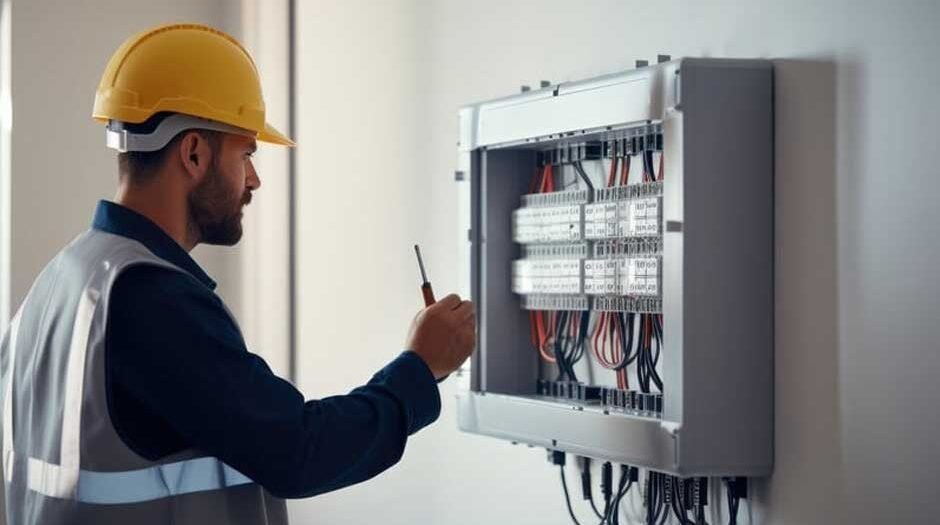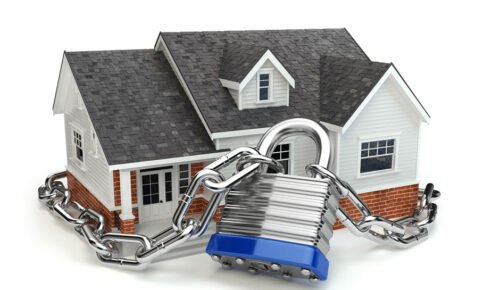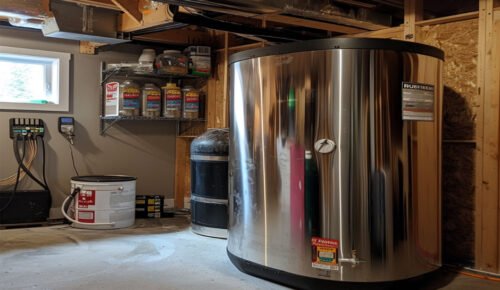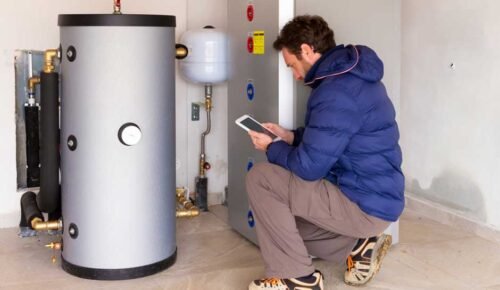Electrical issues in a home or business often go unnoticed until they cause serious problems like power outages, equipment failure, or even fires. While some electrical faults are obvious—such as flickering lights or a circuit breaker tripping frequently—others are much harder to detect. Ignoring these silent warning signs can put your property and safety at risk.
Early detection is key to preventing costly repairs and dangerous situations. One of the most effective ways to identify hidden electrical issues is through Partial Discharge Testing, a process used to detect insulation breakdown in high-voltage equipment before it leads to major failures. But even in everyday electrical systems, being aware of subtle warning signs can help you address problems before they become hazardous.
Here are the silent signs of electrical damage that you should never ignore.
1. Unexplained Burning Smells
If you ever notice a faint burning smell coming from electrical outlets, appliances, or your fuse box, take it seriously. Burning odors can indicate overheating wires, melting insulation, or even an impending electrical fire.
What to Do:
- Unplug any device connected to the outlet and stop using it immediately.
- Check for discoloration or scorch marks around outlets.
- If the smell persists, turn off the power at the breaker and contact an electrician.
2. Warm or Discolored Outlets and Switches
Electrical outlets and switches should never feel warm to the touch. Heat buildup can be a sign of excessive electrical resistance, faulty wiring, or overloaded circuits. Similarly, any discoloration—such as yellowing or blackening around outlets—could mean past or ongoing overheating.
What to Do:
- Stop using any affected outlets and have them inspected.
- Consider upgrading old outlets to modern, safer alternatives with built-in surge protection.
3. Buzzing or Crackling Sounds
Electricity should be silent. If you hear a buzzing, sizzling, or crackling sound coming from outlets, light switches, or breaker panels, it may indicate loose connections, frayed wiring, or faulty components.
What to Do:
- Do not attempt to fix electrical wiring yourself—call a professional.
- If the noise is coming from a circuit breaker, have it checked immediately.
4. Lights That Dim or Flicker Randomly
Flickering lights are often dismissed as minor annoyances, but they can indicate serious electrical issues. If lights dim when you turn on an appliance, it could mean an overloaded circuit or a wiring issue.
What to Do:
- Check if the problem occurs with a specific appliance—if so, the appliance may be drawing too much power.
- If multiple lights in different rooms flicker, it could be a problem with your electrical panel or wiring.
5. Frequently Tripping Circuit Breakers
Circuit breakers are designed to shut off power when they detect an overload or short circuit. If your breakers trip frequently, it may indicate that your electrical system is struggling to handle the load.
What to Do:
- Avoid overloading outlets with too many devices.
- Have an electrician inspect your panel to see if an upgrade is needed.
6. Outlets That Don’t Work Properly
If an outlet suddenly stops working or only works intermittently, it could be due to faulty wiring, loose connections, or internal damage.
What to Do:
- Test the outlet with different devices to rule out a faulty appliance.
- If the outlet remains dead, have it inspected before attempting to use it again.
7. Shocks or Sparks When Plugging in Devices
A small static shock is normal in dry conditions, but if you feel a stronger jolt when touching an outlet or light switch, there may be faulty wiring. Visible sparks when plugging something in can also indicate an underlying issue.
What to Do:
- Stop using the outlet immediately.
- Have an electrician check for exposed wiring or grounding issues.
Protecting Your Home from Electrical Hazards
Electrical problems don’t always announce themselves with loud noises or dramatic failures. Often, they start with small warning signs that, if ignored, can lead to serious damage. Regular inspections, professional maintenance, and staying aware of these silent signs can help prevent major electrical issues and keep your home or business safe.









































































































